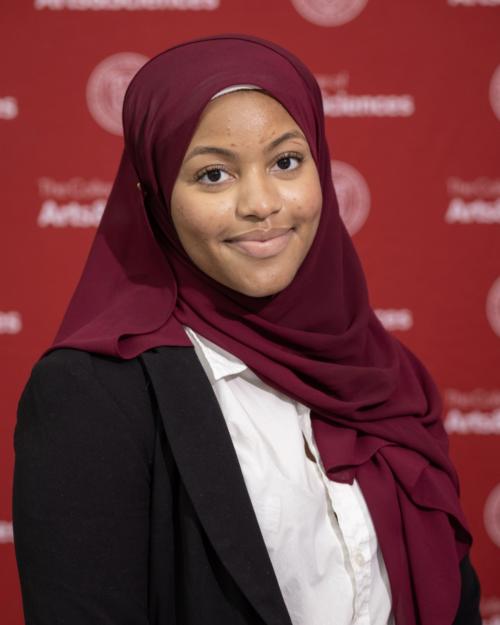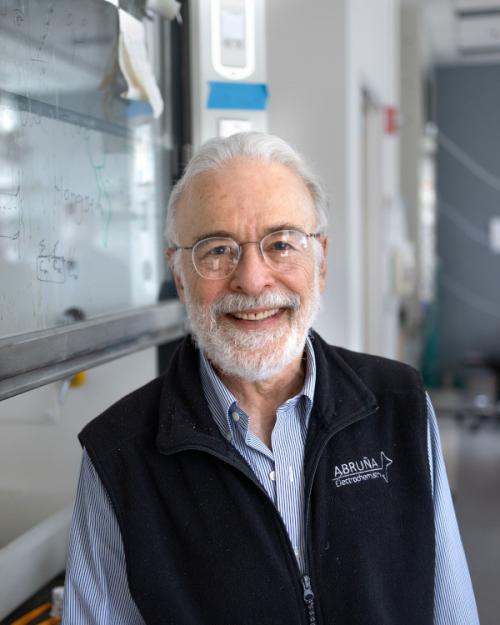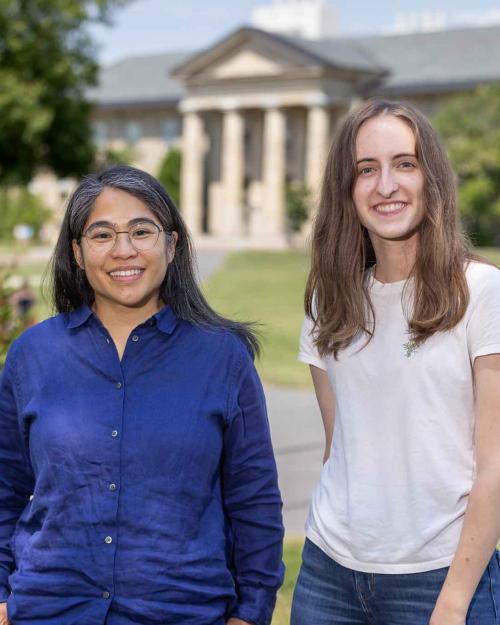As the COVID pandemic has so starkly taught us, human health is intricately connected to the health of animals, plants and the environment.
These connections and related impacts have been studied for decades, but are now receiving urgent attention under an approach called One Health. The transdisciplinary initiative, endorsed by the Centers for Disease Control, works at local, regional, national and global levels to look at the spread of existing or known and new or emerging zoonotic diseases.
At Cornell, one researcher focusing on these connections is Juno Salazar Parreñas, an assistant professor of science and technology studies in the College of Arts & Sciences. This summer, she’s hosting two Nexus Scholar interns — Mari Kramer ’23 and Aissatou Barry ’24 — to help with a project to map the research being done in this area, noting what diseases are being studied and in what countries, how researchers are approaching these problems and how they are developing solutions.
“We’ve been searching online for research in this area, which ranges from psychology to veterinary medicine,” said Kramer, who is majoring in environment and sustainability. “My work shows us networks that are being developed and the software I’m using helps us to visualize what the researchers are studying.”
Nexus Scholars are paid for their summer work and take part in various classes and professional development workshops and career exploration events during the summer. The program is made possible through a number of alumni gifts, including from Elaine Wong ’97 and Fritz Demopoulos.
This is Barry’s first research experience, and she said her summer work has been enriching and important. “Very little analysis has been done on One Health as an emerging concept and I would have never imagined myself contributing to the field as an undergraduate,” said Barry, who is majoring in anthropology. “Additionally, I was able to apply actual concepts and ideas that I learned in my classes at Cornell, to a project of genuine interest of mine.”
Parreñas said this time period in history holds opportunity to invest and develop One Health programs, with many universities starting One Health initiatives. Cornell is already a hub for the One Health project from the veterinary medical side, Parreñas said, and her research and others focuses on the human side.
“In the wake of the pandemic, we’re realizing how vulnerable human life on this planet is and how our well-being is interconnected with animals and the environment in which we live,” Parreñas said, adding that 60 percent of human infectious diseases are zoonotic. “The field is super-multidisciplinary and so we’re mapping out a complex field. We’re analyzing the way these problems are analyzed.”
The study is just one piece of Parreñas research into health, environment, feminist studies and inequality. “There’s a long history of dehumanization of people in medicine, so I worry about how we can combine human and animal health in a world of structural inequality,” she said.
Parreñas said she wanted to hire students through the Nexus Scholars Program because of her own research experience as an undergraduate, where she did work that ended up in a book that became influential in her field.
“It opened up a huge world of research and analysis that I wouldn’t have been doing in any of my classes at that time,” she said. “I also think that the project I’m working on —rabies intervention in Borneo — draws a lot of people from different fields to think about solutions to real-world problems. There is plenty of room for student involvement. I hope we can create a generation of people who can think through the solutions proposed and get to something viable.”






